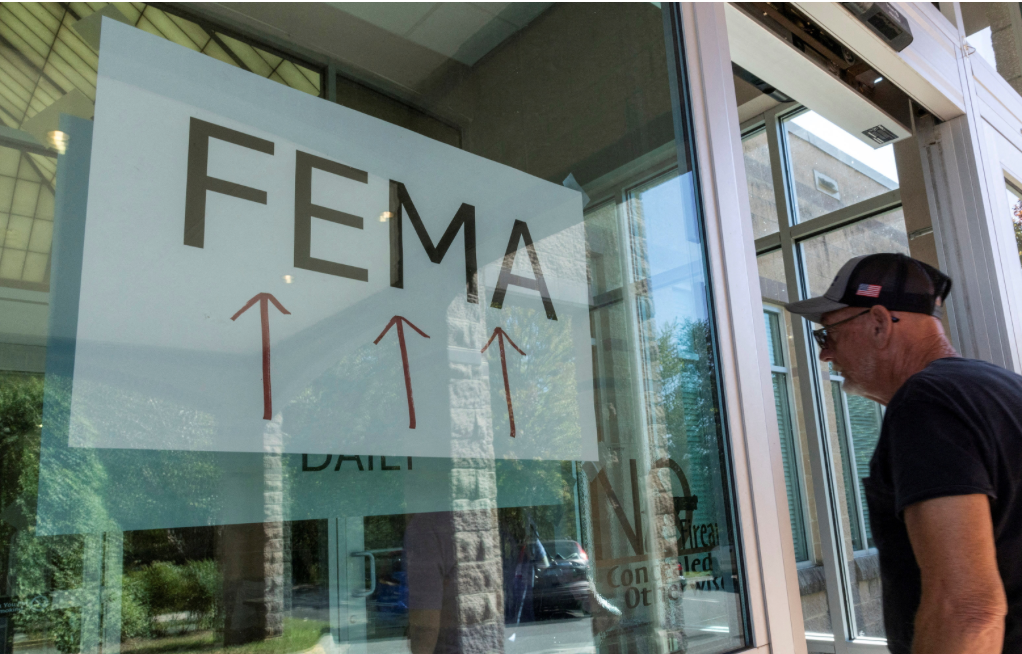AI is rapidly changing the way we approach healthcare. ChatGPT, an AI juggernaut, has recently taken the US Medical Licensing Examination (USMLE) and passed all three parts. This is significant because it could mean that AI-driven machines could someday be used to diagnose and treat illnesses instead of human doctors.
The USMLE is a comprehensive exam that medical students must pass in order to become a licensed physician. It normally takes hundreds of hours to prepare for Part 1 and is usually taken by medical school graduates in Part 3. For ChatGPT to pass with flying colors is a testament to just how far AI has come.
Silicon Valley startup Ansible Health had been researching different AI and machine learning tools to improve their care for COPD patients. After experimenting with ChatGPT, the team was amazed at the results and decided to have it take the USMLE. To ensure its success, the team made sure that none of the answers or related content could be found on Google. After ChatGPT passed the exam, the researchers published their results, which are currently undergoing peer review.
The success of ChatGPT on the USMLE shows just how powerful AI can be. While it is not yet ready to autonomously diagnose patients, AI can be used to augment medical work. For example, ChatGPT can be used to explain certain concepts to patients and to incorporate a patient’s medical records. In the future, AI could be used for wellness checks and other general practitioner tasks.
In the future, AI could be used for wellness checks and other general practitioner tasks, and patients could even rely on “Dr. ChatGPT” for their medical information needs.
Is expert AI better than the median doctor? @pmarca and @vijaypande discuss the implications of expert AI in the bio and healthcare space.
Watch the full video from @a16zbiohealth‘s Bio Eats World. ???? https://t.co/450peAoHVh pic.twitter.com/4dHwdbt6Dc
— a16z (@a16z) January 9, 2023




